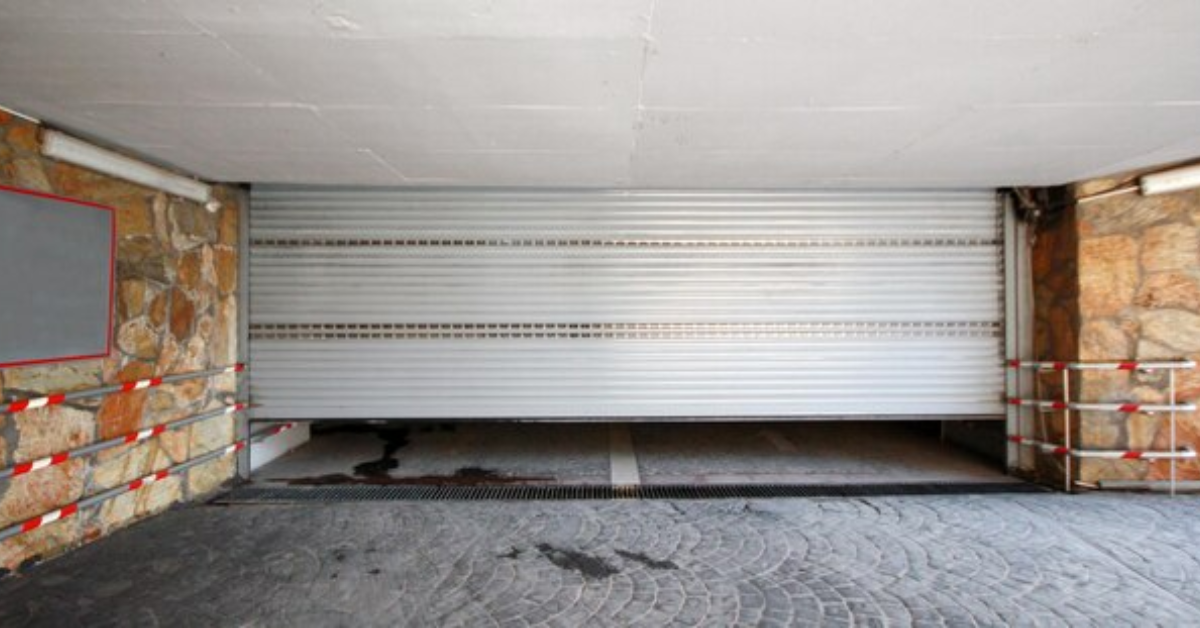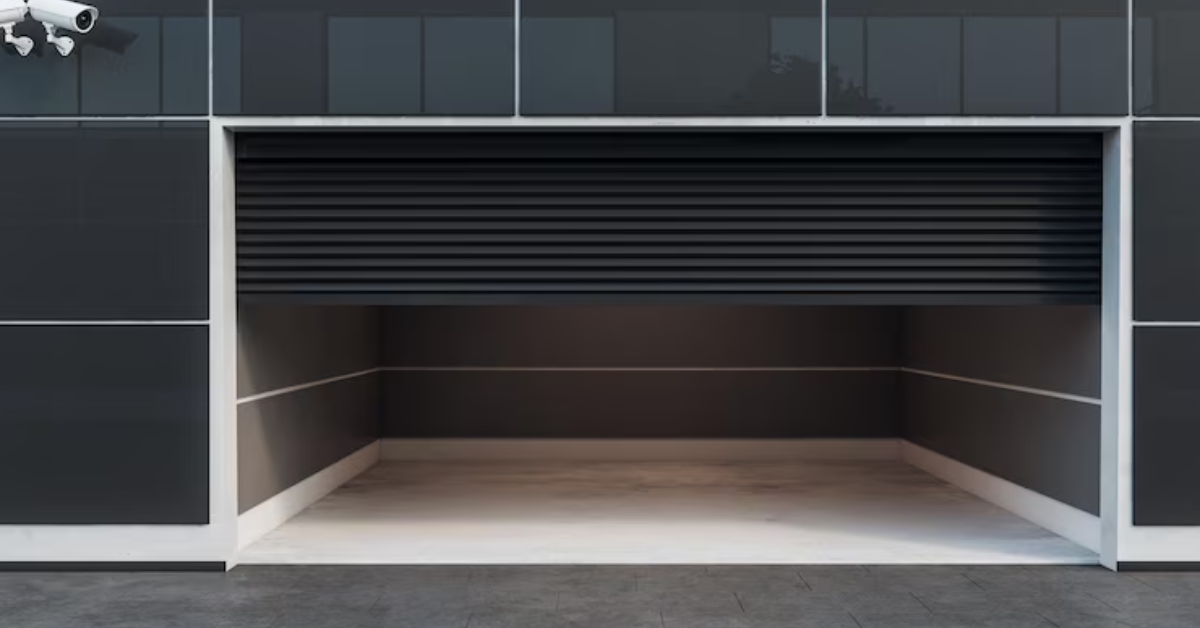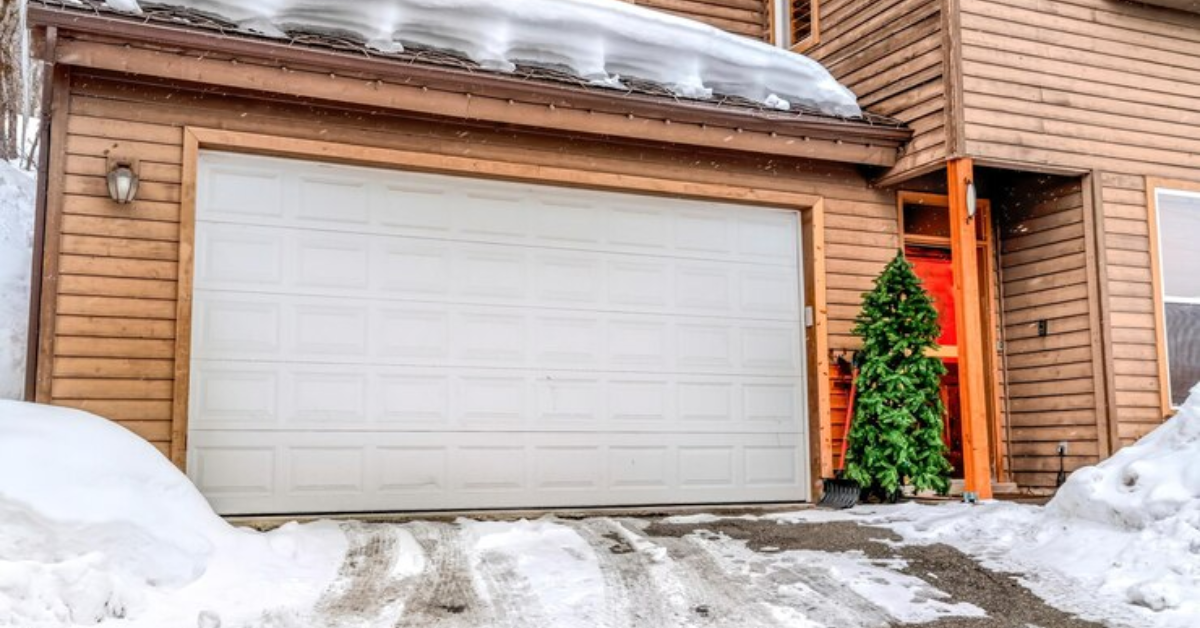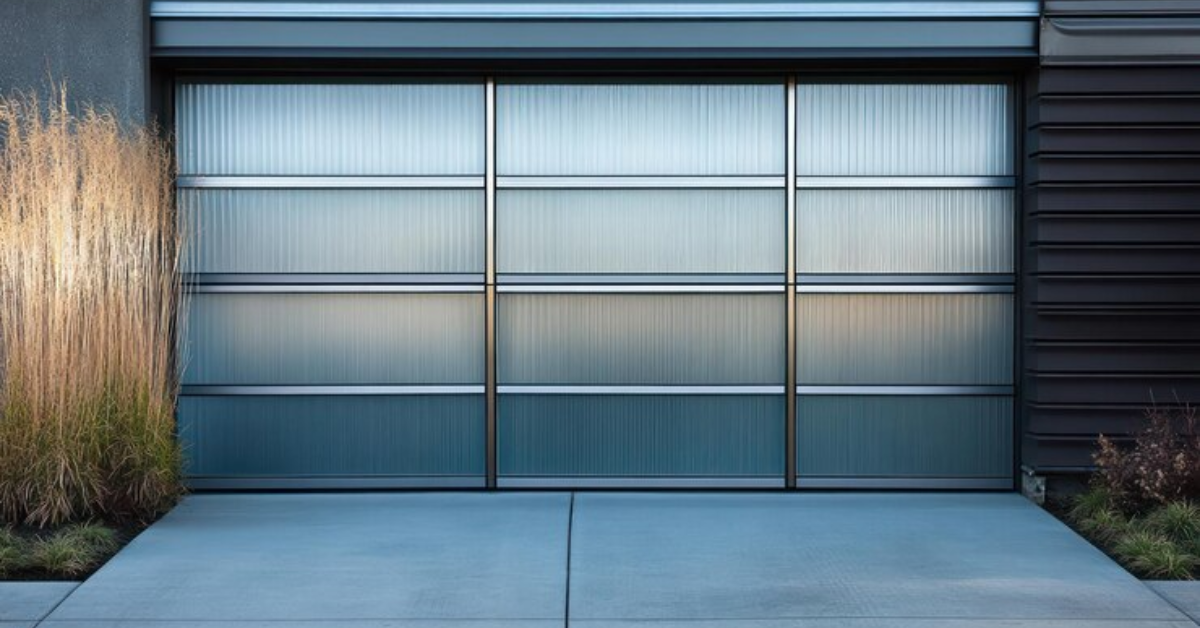Why Automatic Garage Door Not Closing?
An automatic garage door is a convenient home feature, providing safety and easy access. However, when it refuses to close, it can be frustrating and concerning. Several factors could cause this issue, ranging from sensor problems to mechanical failures. This guide will help you understand the potential causes and provide solutions to get your garage door functioning smoothly again.
1. Sensor Obstruction or Misalignment
Automatic garage doors are equipped with safety sensors near the floor on both sides of the door. These sensors prevent the door from closing if an object, pet, or person is in its path. If the sensors are blocked or misaligned, the door may not close.
Solution:
- Check for any objects obstructing the sensor’s path.
- Clean the sensors with a soft cloth to remove dirt or debris.
- Ensure both sensors are aligned properly. The sensor lights should be steady, not blinking.
2. Issues with the Remote Control
A malfunctioning remote control could also be the culprit. Weak or dead batteries, signal interference, or a damaged remote can prevent the garage door from responding.
Solution:
- Replace the remote batteries and test the door again.
- Stand closer to the garage door to avoid signal interference.
- Try using the wall switch to determine if the problem is with the remote or the door opener.
3. Garage Door Opener Problems
If the opener is faulty, the garage door might not close properly. Issues could range from wiring problems to a worn-out motor.
Solution:
- Listen for any unusual noises from the garage door opener. Grinding or humming sounds may indicate a motor issue.
- Reset the opener by unplugging it for a few minutes and plugging it back in.
- Check the opener’s settings and ensure it is not in “lock” mode, which can disable remote control functions.
4. Blocked or Damaged Tracks
The garage door relies on metal tracks to open and close smoothly. If these tracks are blocked, bent, or damaged, the door may not close completely.
Solution:
- Inspect the tracks for any debris or obstructions.
- Gently straighten any bent sections using pliers.
- Lubricate the tracks with a silicone-based lubricant to ensure smooth operation.
5. Limit Settings Need Adjustment
Garage door openers have limit settings that tell the door when to stop moving. If these settings are not configured correctly, the door might not close all the way or could reopen immediately after closing.
Solution:
- Locate the limit adjustment screws on the garage door opener.
- Turn the screws in small increments to adjust the door’s closing limit.
- Test the door after each adjustment to find the right setting.
6. Broken Springs or Cables
A garage door’s springs and cables bear much of the door’s weight. If a spring or cable breaks, the door may not close properly or might become lopsided.
Solution:
- Visually inspect the springs and cables for signs of damage or wear.
- If you suspect a broken spring or cable, do not attempt to fix it yourself. These components are under high tension and can be dangerous. Instead, call a professional for repairs.
7. Power Source Issues
If the garage door opener is not receiving power, the door will not close. This could be due to a tripped circuit breaker, a blown fuse, or a loose power cord.
Solution:
- Check your home’s electrical panel to see if the circuit breaker has tripped. Reset it if necessary.
- Inspect the power cord and ensure it is securely plugged into the outlet.
- Test the outlet with another device to ensure it is functioning correctly.
8. Weather-Related Problems
In colder months, moisture or ice can cause parts of the garage door to stick. High humidity can also affect sensor performance.
Solution:
- Clear any ice or debris around the door’s bottom seal.
- Use a garage door lubricant to prevent sticking during cold weather.
When to Call a Professional
While some garage door issues can be resolved with a bit of DIY troubleshooting, certain problems require professional expertise. If you encounter any of the following situations, it is best to consult a garage door technician:
- The door is off its tracks.
- You notice frayed cables or broken springs.
- The opener makes unusual noises or fails to respond consistently.
Preventive Maintenance Tips
To avoid future problems with your automatic garage door, follow these maintenance tips:
- Regularly clean the sensors and tracks.
- Test the door’s balance by disconnecting the opener and manually lifting the door halfway. If it does not stay in place, you may need a professional adjustment.
- Lubricate moving parts every few months to prevent wear and tear.
Conclusion
An automatic garage door not closing can be more than an inconvenience; it can compromise your home’s security. By understanding the potential causes and implementing the solutions provided, you can often fix the problem yourself. However, do not hesitate to seek professional help when needed to ensure your garage door remains safe and reliable. Regular maintenance and timely troubleshooting can keep your automatic garage door operating smoothly for years to come.




